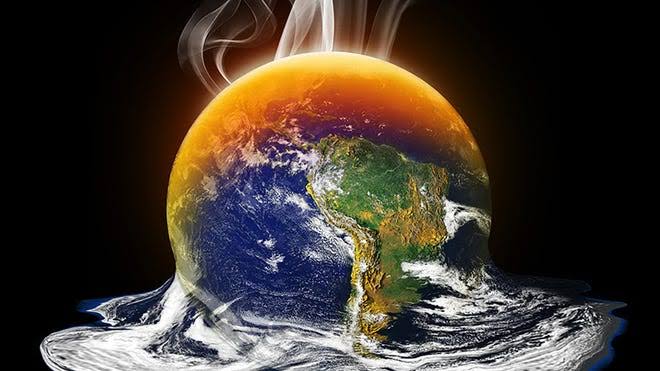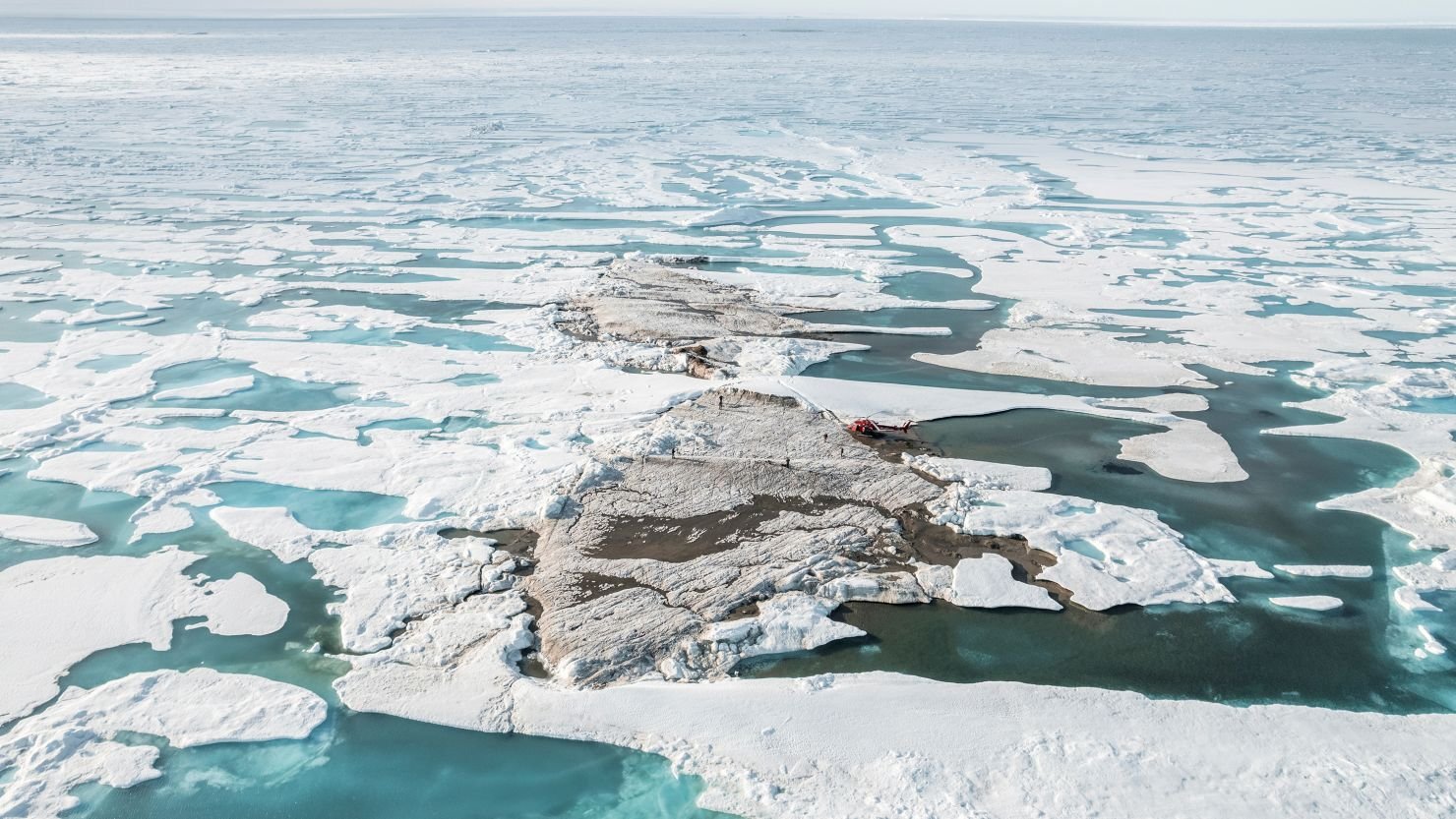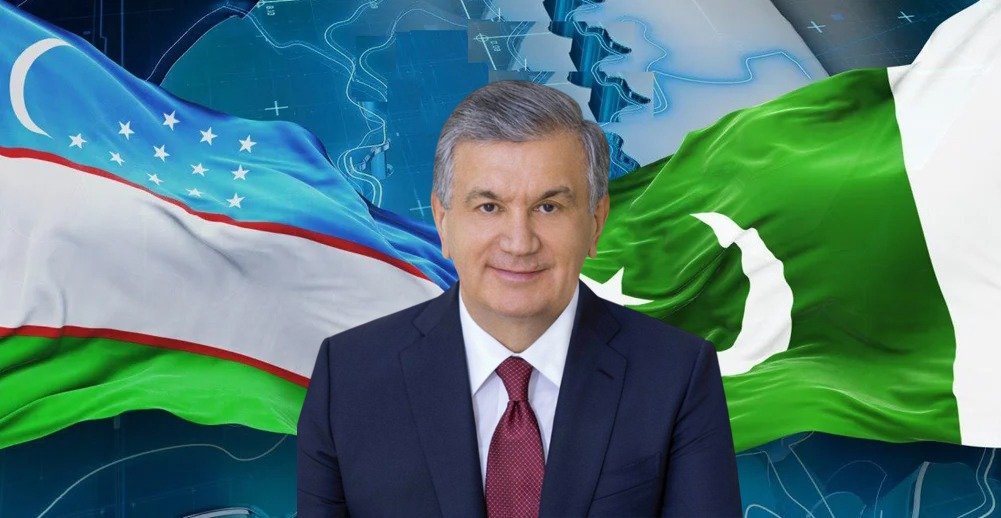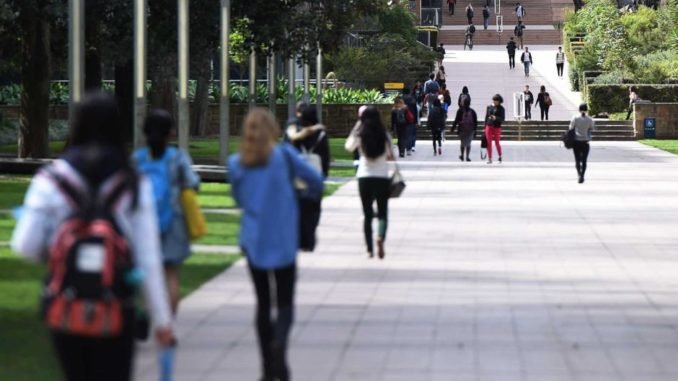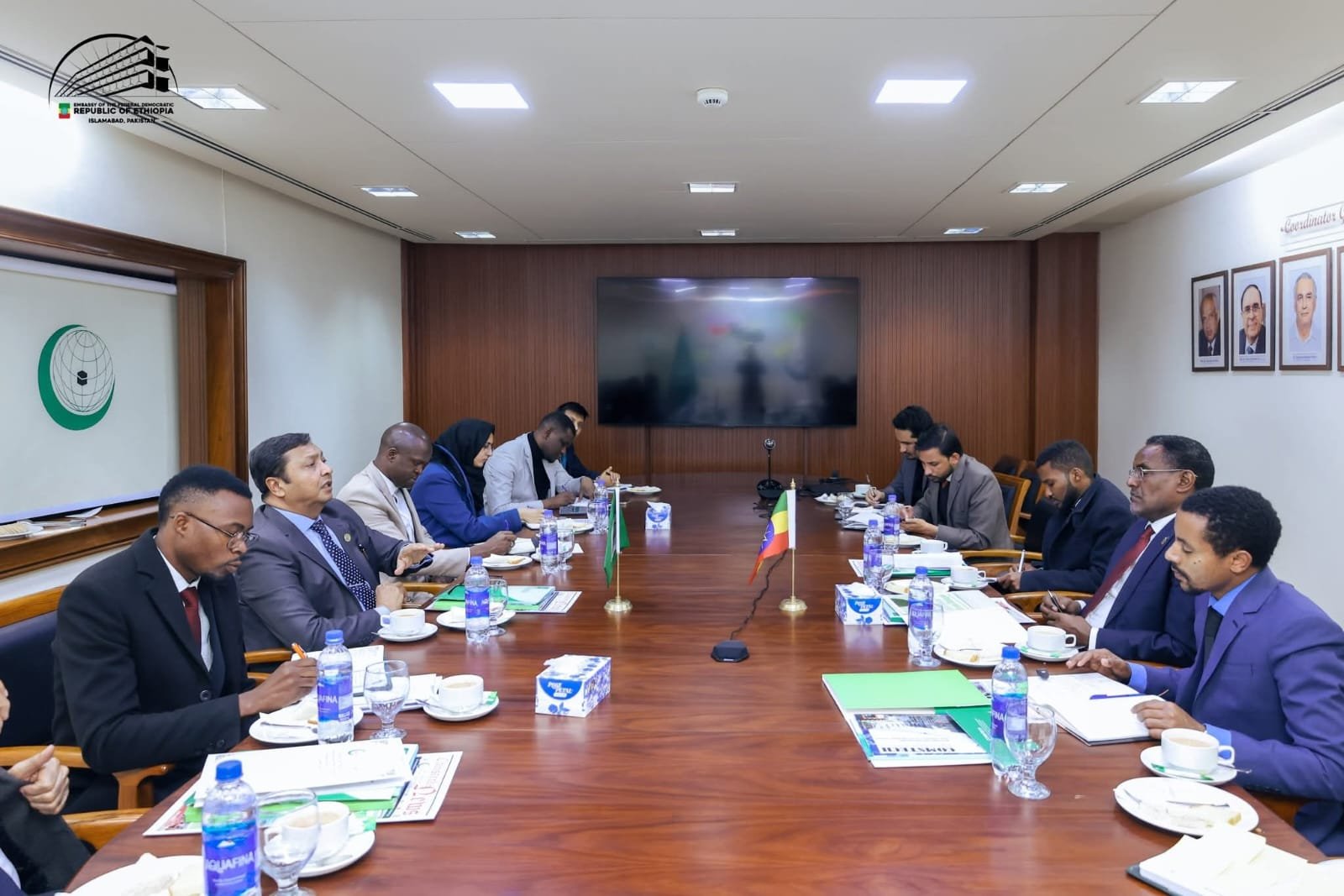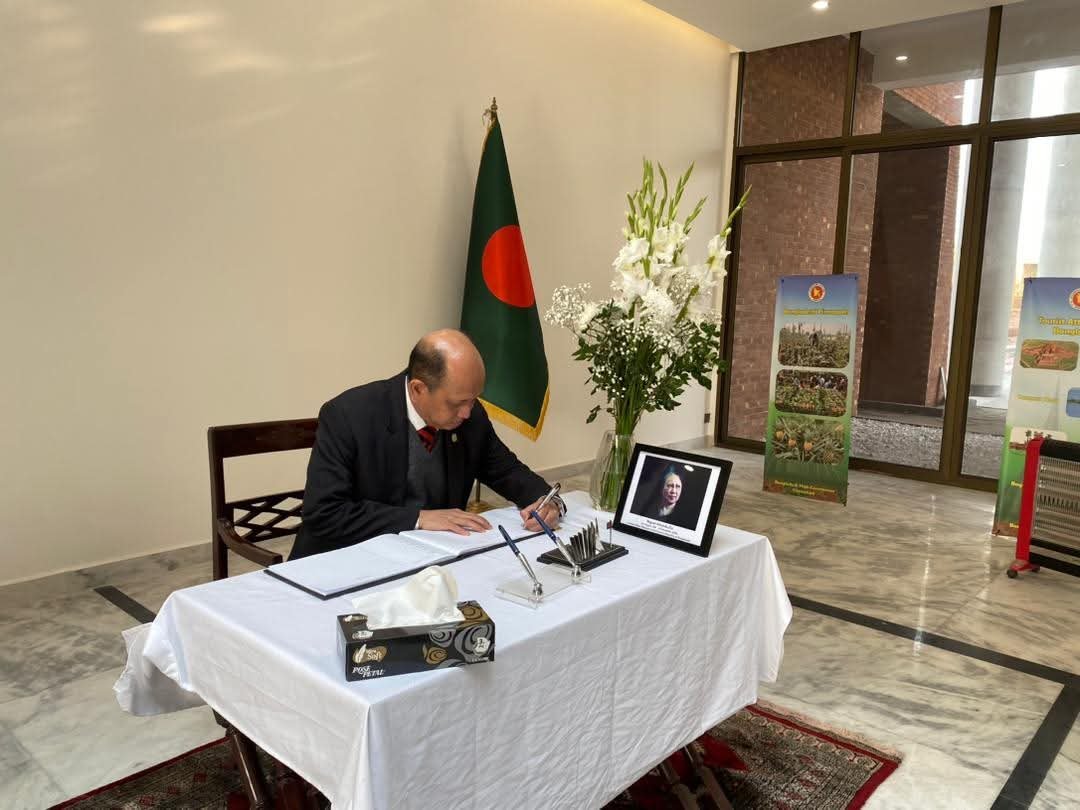Economic system is an important pillar of our societies. Over the course of time, multiple economic systems evolved and shaped civilizations. The journey from the barter system to the capitalism took hundreds of years. Today, capitalism is the core economic system functioning globally. It is only reshaping the economic sector but also influencing religion, education, social, cultural and political realms. To delve into the both the negative and positive impacts of capitalism, one must admit that capitalism exacerbated more suffering than prosperity in the world.
The challenges humanity is facing today are the byproducts of the Western led capitalist system. I agree that capitalism has proven to be a strong economic system model build on the principles of laissez-faire and competition, yet it has more harmed the poor and the environment.
The rapid rise of industrialization in the mid-20th century by few capitalist elites getting profits came at the expense of resource exploitation and environmental degradation.
Thousands of people are dying from climate change; the number exceeds deaths from terrorism. Once again, it is the underprivileged are bearing the brunt of the actions taken by the powerful.
While looking at the negative side of capitalism, there is an urgent need to build an alternative economic system, addresses the current pressing issues that capitalism has failed to solve.
However, many proposed economic models have been proposed by the world-class economists to solve pressing current challenges.
Thus, growing ecological degradation and climate change needs a framework that prioritizes people and the planet.
The Regenerative & Distributive Wellbeing Framework is apart from being a tweak in capitalism; instead it could be a new operating system that has a different goal altogether: to make sure that all life thrives within planetary boundaries.
We must understand that the economy is a subset of society and society a subset of the ecology. Therefore, the health of the system is not weighed by the growth of a single metric (GDP), but by the health of the whole.
The model includes Doughnut Economics, Circular Economy, Wellbeing Economics, and more into a coherent, actionable system. With these three approaches we can make the world livable and prosperous place.
Doughnut Economics presents a new goal for humanity: ensuring that all people’s needs are met without overshooting the ecological ceilings of our planet. This particular idea is envisioned as a doughnut-like ring; the inner ring represents a social foundation of basics, such as food, water, and education, that everyone should be afforded.
The outer ring denotes what we will call the ecological ceiling of planetary boundaries, such as climate change and pollution, which we must never exceed. The zone between the two rings, inside the doughnut, would thus be the secure and just space for humanity to thrive, thereby allowing us to ensure that everyone can live a good life without destroying the planet.
We must adopt a circular metabolic system to penalize companies with their illegal production and packaging activities. All products must be designed with durability, repair, reuse and recycle to safeguard our environment.
We must also ensure proper surveillance of corporate wealth, aligning it with wellbeing of people and the environment. A wellbeing state should be our priority not a welfare state. We must prioritize the wellbeing index over the GDP index alone. For instance, mental health, life expectancy, biodiversity, clean air, trust, and equality should be measured to rank the country in its economic performance.
For more advances on the Regenerative and Distributive Wellbeing Framework, several new pillars are due. The spine of the model should comprise Biomimicry and Ecological Intelligence, whereby nature’s design principles (such as adaptation, resource efficiency, life-friendly chemistry) ought to find their way into legal statutes to prescribe standards that trump any innovations, thereby ensuring that human systems exist in harmony with the planet. In opposition to the systemic short-termism, it will establish Temporal Design and Intergenerational Governance through independent offices of Guardians of the Future, crouching veto power over policies jeopardizing the wellbeing of our successors.
The Care Economy, in essence, should be redesigned as a core public infrastructure that receives an enormous investment amount, professionalization, and formal recognition in our wellbeing measures to solve the undervaluation of this work crisis and build community resilience.
Solutions should be accelerates by an Open-source Knowledge and Technology Commons for the globe, supported by public money in developing innovations critical to climate and health, and freely releasing these to rapid, equitable deployment. In parallel, however, this model needs Strategic Deceleration-in such a way those inherently destructive industries like fast fashion and industrial meat are phased out alongside the provision of retraining and resource reallocation toward sustainable alternatives.
Lastly, addressing the original source of the growth imperative, this framework will have to consider new Currency and Money Designs, such as sovereign money, regional currencies, or demurrage systems that promote circulation and long-term investment rather than hoarding and speculation. These pillars collectively ensure that the system is not only less fatal but is fundamentally wired to thrive under conditions of care and regeneration at its very core.
The increasing threats of climate change are endangering lives globally. We need a robust economic model to solve these issues and work for the better future of generations, the issue of climate change is caused by globalization and boost in the capitalism system which means the core problem lies behind the exacerbating environmental degradation is the economic system and model we are following. We must bring forth new climate economic models to save the lives of our people and future generations. We came into this world as a vicegerent of God to protect this earth, but unfortunately we have failed to protect our beautiful planet, so actions are required before it is too late.
